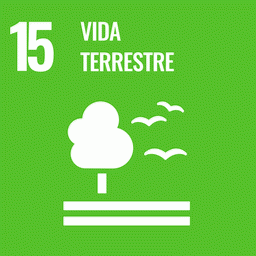The Brazilian state of Mato Grosso was a global deforestation hotspot in the early 2000s. Deforested land is used predominantly to produce meat for distal consumption either through cattle ranching or soya bean for livestock feed. Deforestation declined dramatically in the latter part of the decade through a combination of market forces, policies, enforcement and improved monitoring. This study assesses how representative the national-level drivers underlying Mato Grosso’s export-oriented deforestation are in other tropical forest countries based on agricultural exports, commercial agriculture and urbanization. We also assess how pervasive the governance and technical monitoring capacity that enabled Mato Grosso’s decline in deforestation is in other countries. We find that between 41 and 54 per cent of 2000–2005 deforestation in tropical forest countries (other than Brazil) occurred in countries with drivers similar to Brazil. Very few countries had national-level governance and capacity similar to Brazil.
Results suggest that the ecological, hydrological and social consequences of land-use change for export-oriented agriculture as discussed in this Theme Issue were applicable in about one-third of all tropical forest countries in 2000–2005. However, the feasibility of replicating Mato Grosso’s success with controlling deforestation is more limited. Production landscapes to support distal consumption similar to Mato Grosso are likely to become more prevalent and are unlikely to follow a land-use transition model with increasing forest cover.
